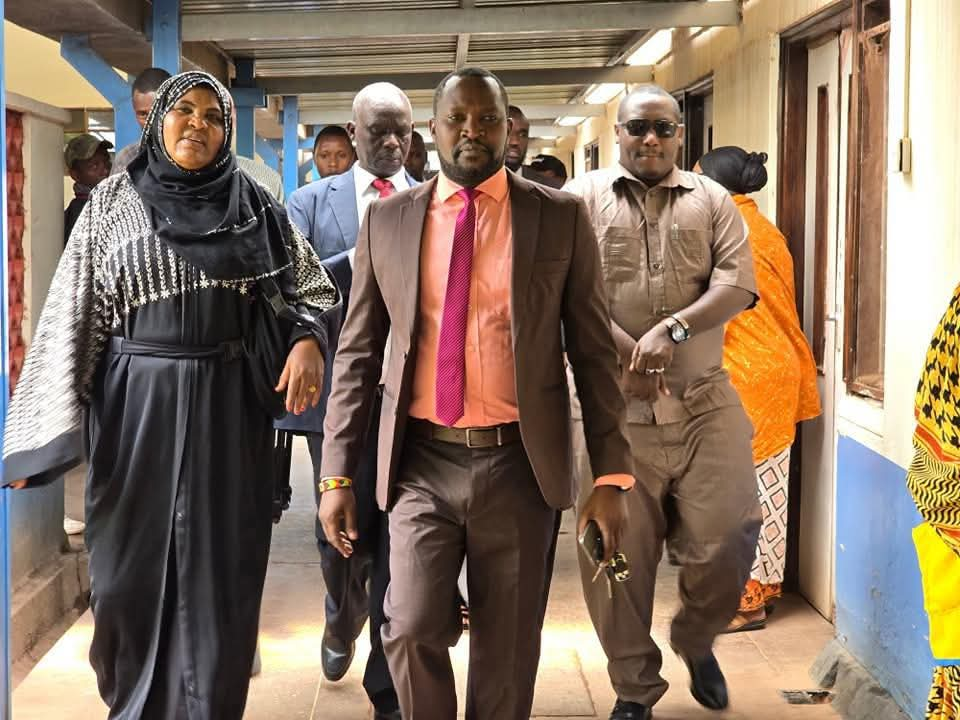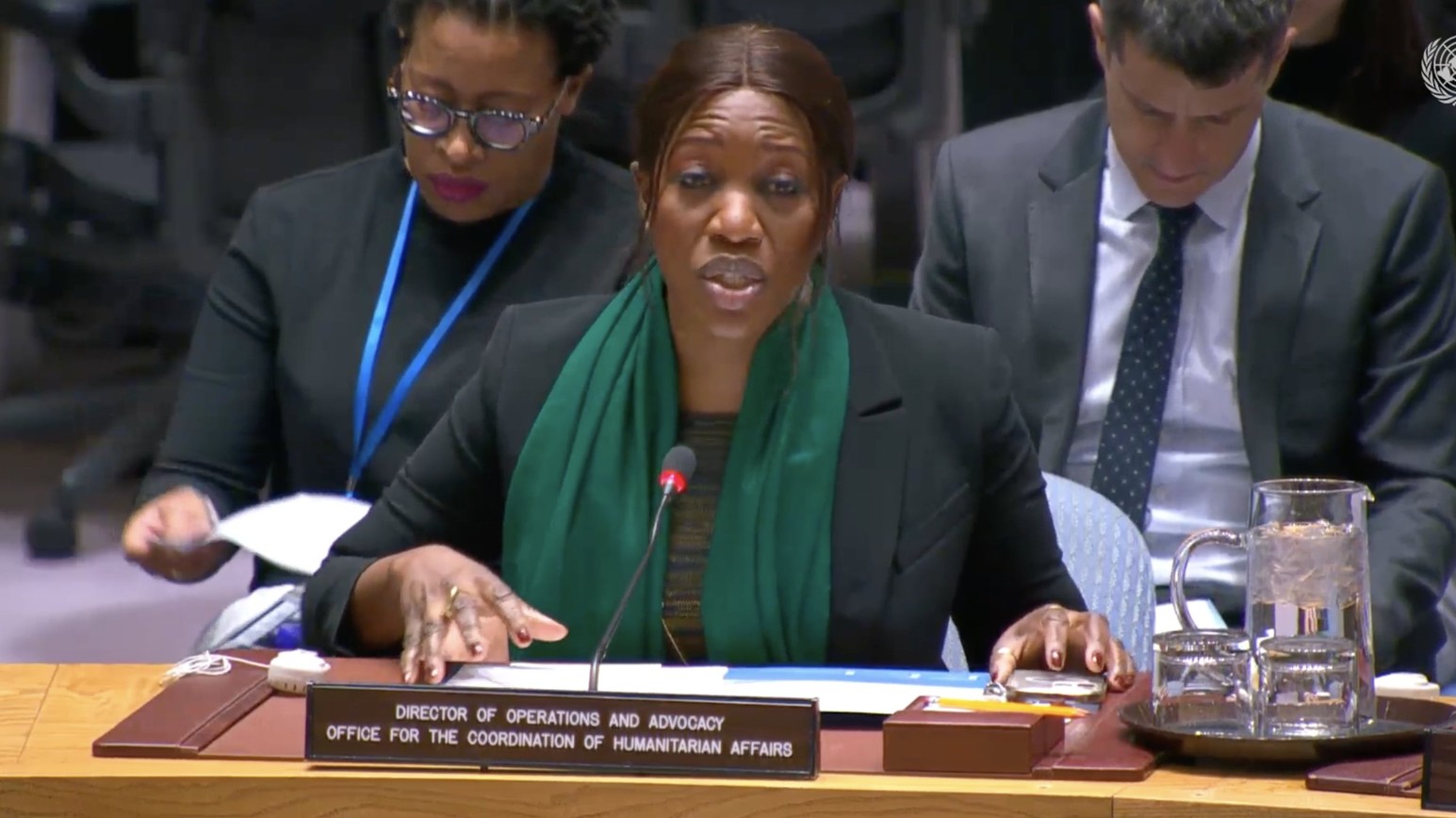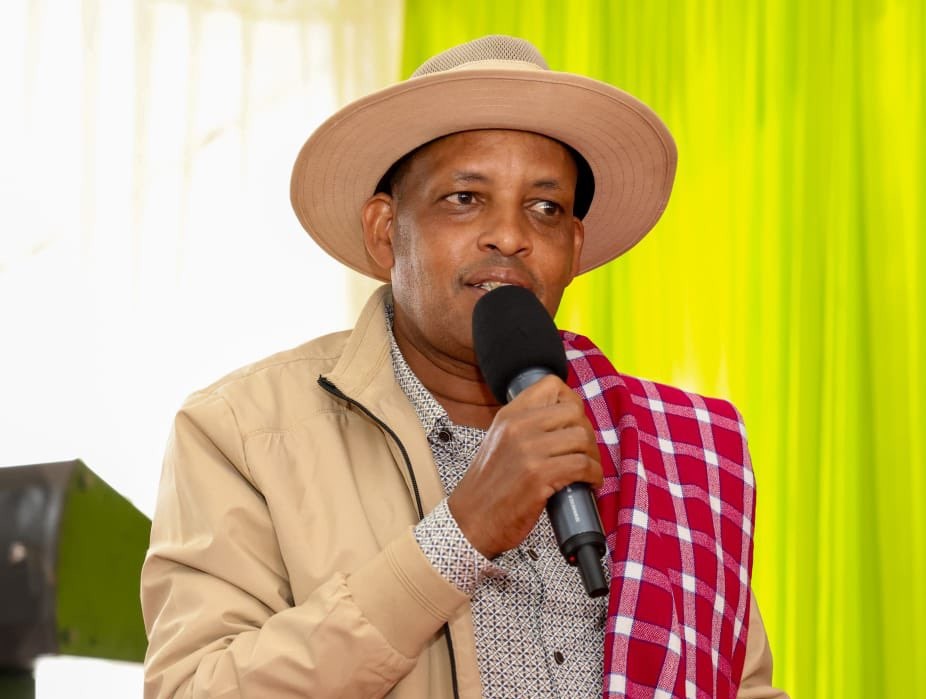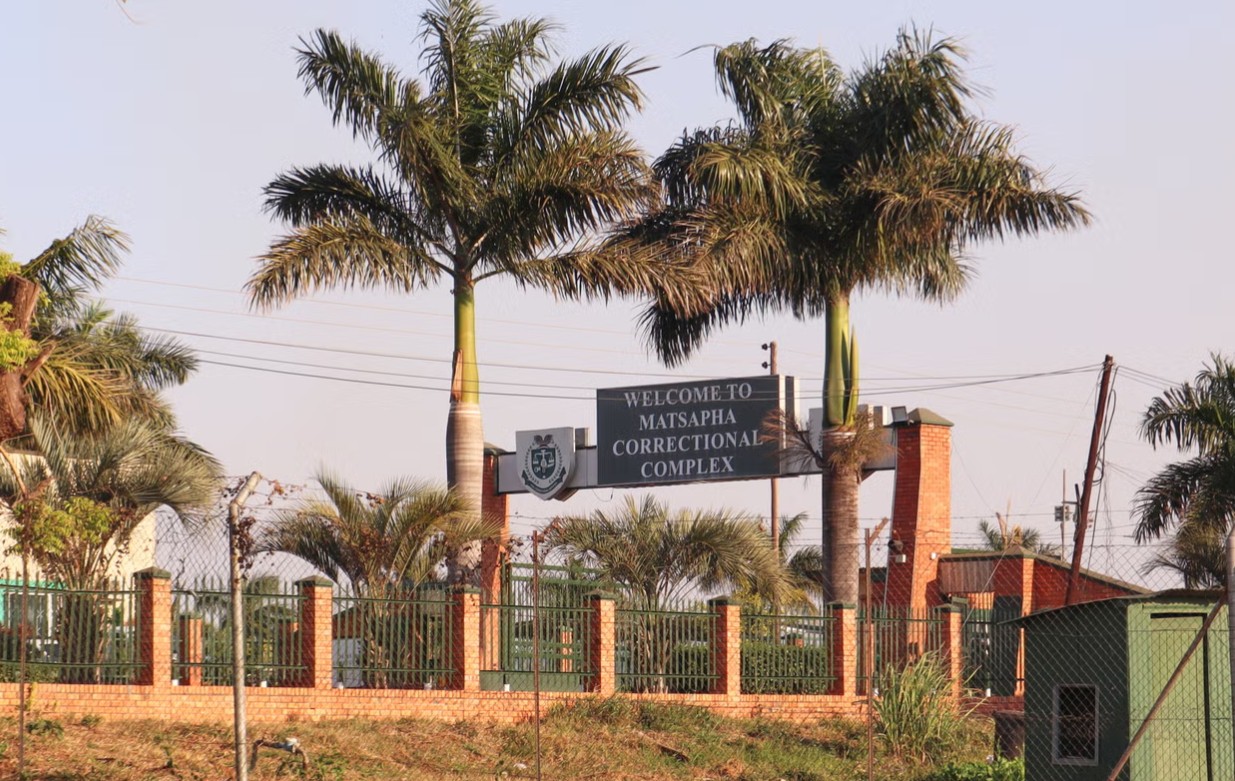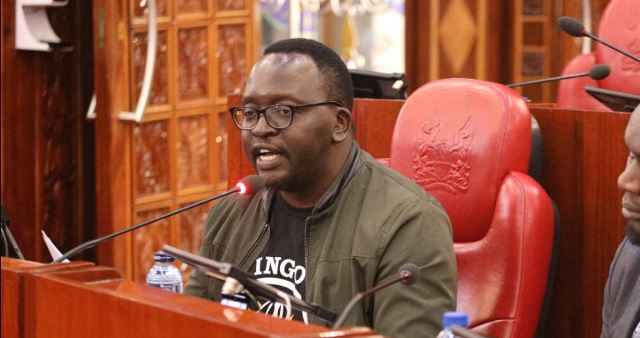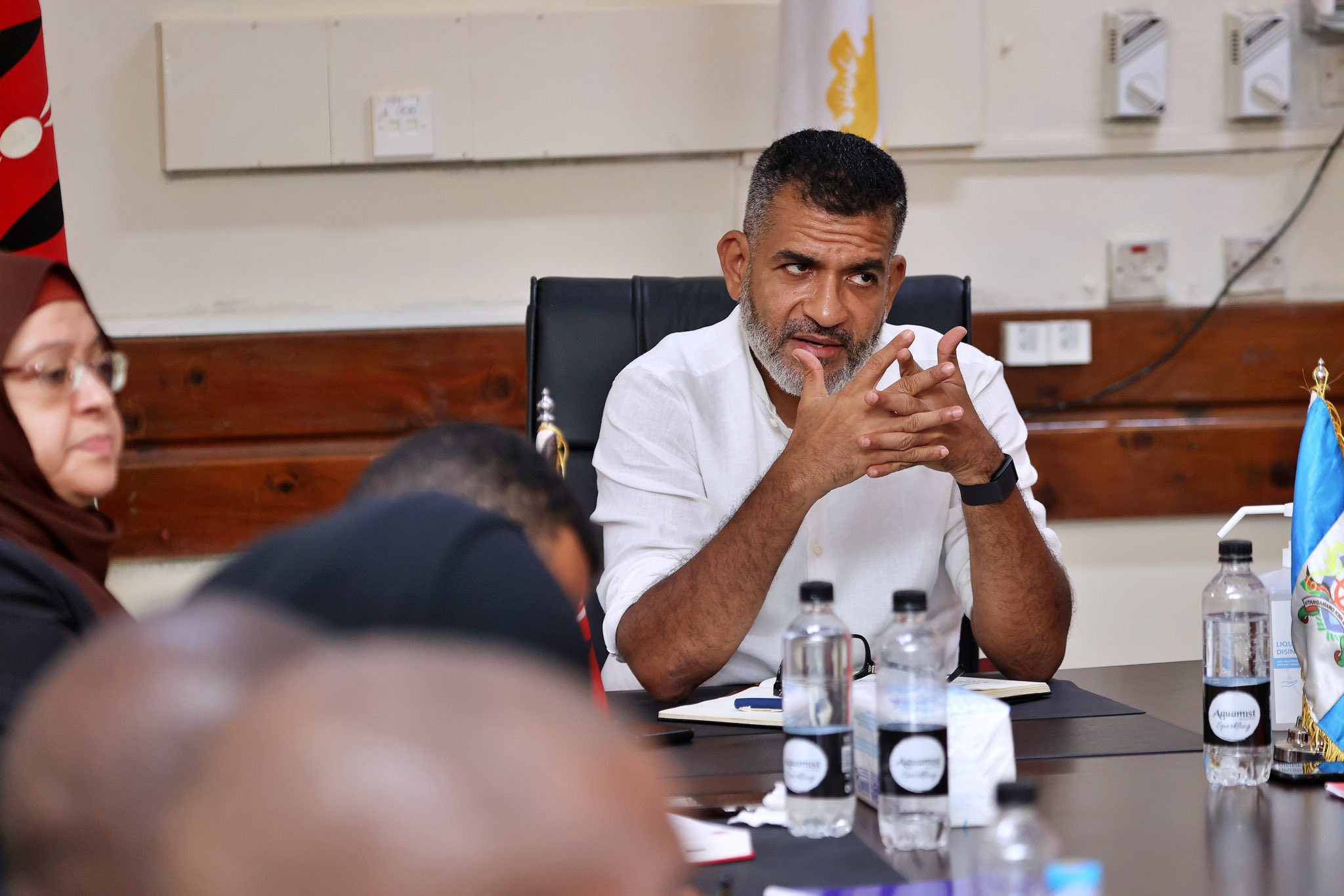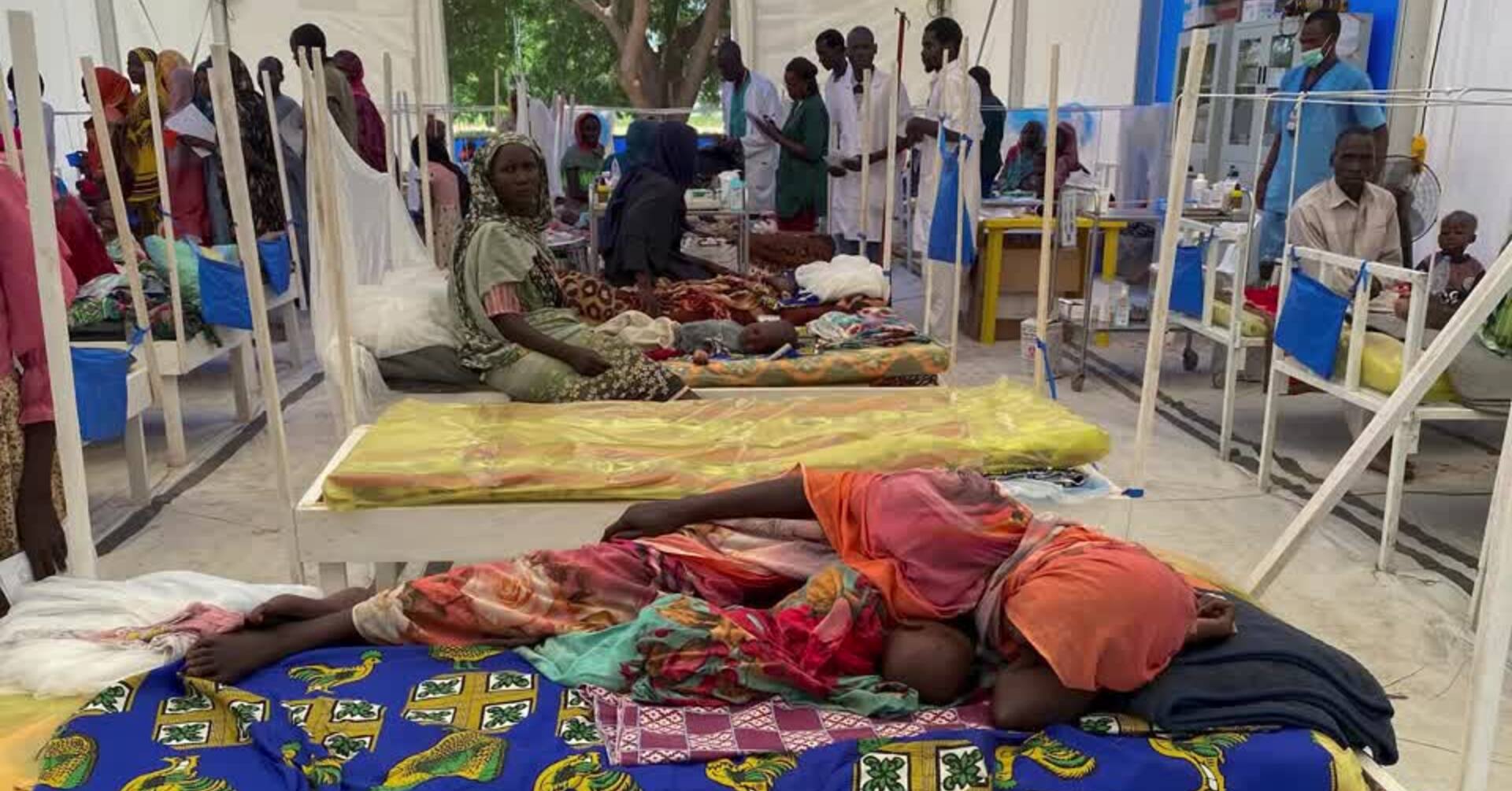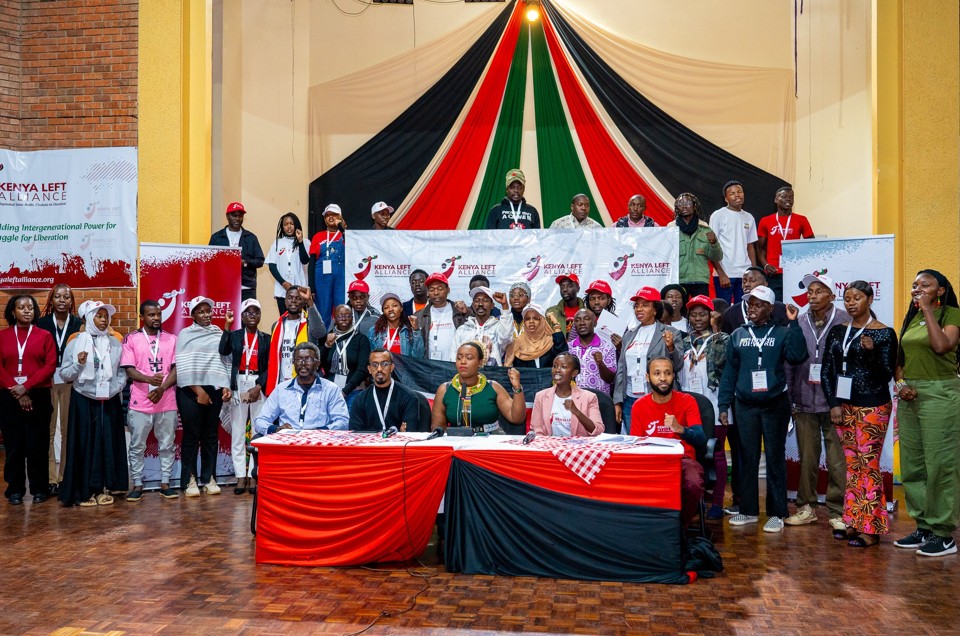Sudan’s Prime Minister Kamil Idris dissolves government amid transition push
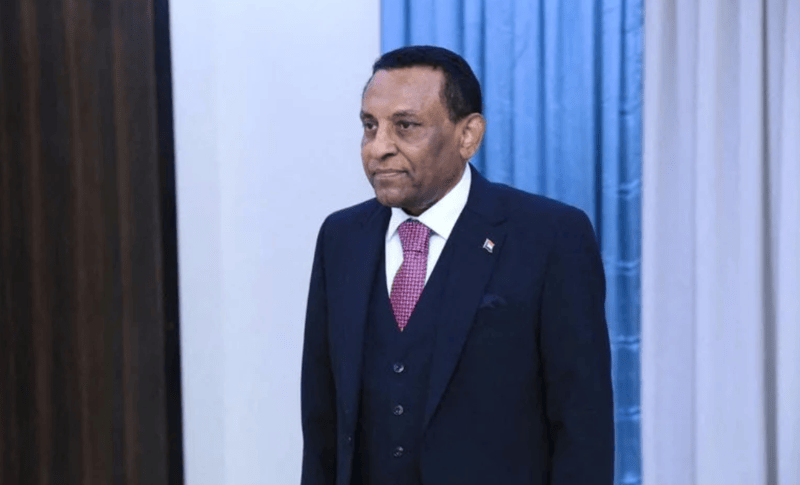
Kamil, who was sworn in on Saturday after being appointed by Sudan’s head of state and army chief, Abdel Fattah al-Burhan, did not indicate when the transitional government would be established.
Sudan's Prime Minister, Kamil Idris, has dissolved the government and instructed the country’s secretaries-general and ministerial undersecretaries to oversee day-to-day operations until a new leadership team is formed, the Sudan News Agency (SUNA) has reported.
The decree was issued following a Cabinet meeting on Sunday, during which Kamil highlighted the significance of the upcoming transitional phase in rebuilding the nation and its institutions.
More To Read
- WFP aid convoy attacked in Sudan's North Darfur, food relief trucks torched
- Sudan government relocates ministries from war-ravaged Khartoum to safer cities
- Sudan’s army chief Abdel Fattah al-Burhan reshuffles top command amid civil war
- Sudan army accused of torture, 'execution chambers' in Khartoum as war fuels famine, cholera crisis
- 31 killed, 13 injured in RSF attack in El Fasher, Western Sudan: volunteer groups
- Cholera kills 40 in Sudan’s worst outbreak in years
Kamil, who was sworn in on Saturday after being appointed by Sudan’s head of state and army chief, Abdel Fattah al-Burhan, did not indicate when the transitional government would be established.
Before the Cabinet meeting, Kamil, the first person to serve as Prime Minister since the military coup in 2021, outlined key objectives for the Sudanese government. These included initiating an inclusive national dialogue and putting an end to the rebellion led by the Rapid Support Forces (RSF).
He also highlighted six urgent priorities, chief among them the restoration of national security and state authority through the defeat of the RSF and the dismantling of all armed militia groups, which he described as engaging in criminal activities.
Additionally, Kamil committed to managing the transitional period effectively, focusing on restoring security, stabilising the economy, and improving public services.
He outlined plans to boost exports, revitalise industry and agriculture, rebuild the nation, and respond to citizens’ concerns. Acknowledging the weight of the role, Kamil reaffirmed his commitment to the rule of law and sustainable development, while pledging to ensure access to basic services such as electricity, water, healthcare, and education.
“I thank everyone who opposed me, and everyone who supported me. Together, we can reach a defined national project. Together, we can lead this great nation out of the dark tunnel,” he said at the time, according to The Sudan Tribune.
“I do not seek personal glory, nor do I wish to be a ruler served by the people, but rather a servant governed by the people.”
Some political groups have criticised Kamil’s appointment, arguing that it risks legitimising military rule and prolonging the ongoing conflict.
Sudan has been grappling with political instability and violence since the October 2021 coup, which ousted the civilian government and suspended the constitution. This event triggered a wider conflict between the army and the RSF, a paramilitary group, leading to a humanitarian crisis with millions displaced both internally and across borders.
The Sudanese government has also accused the United Arab Emirates (UAE) of supplying arms to the RSF via Chad and other nations, amid an intensifying civil war. Similarly, Sudan has alleged that Kenya has provided political support to the RSF since April 2023.
Top Stories Today
